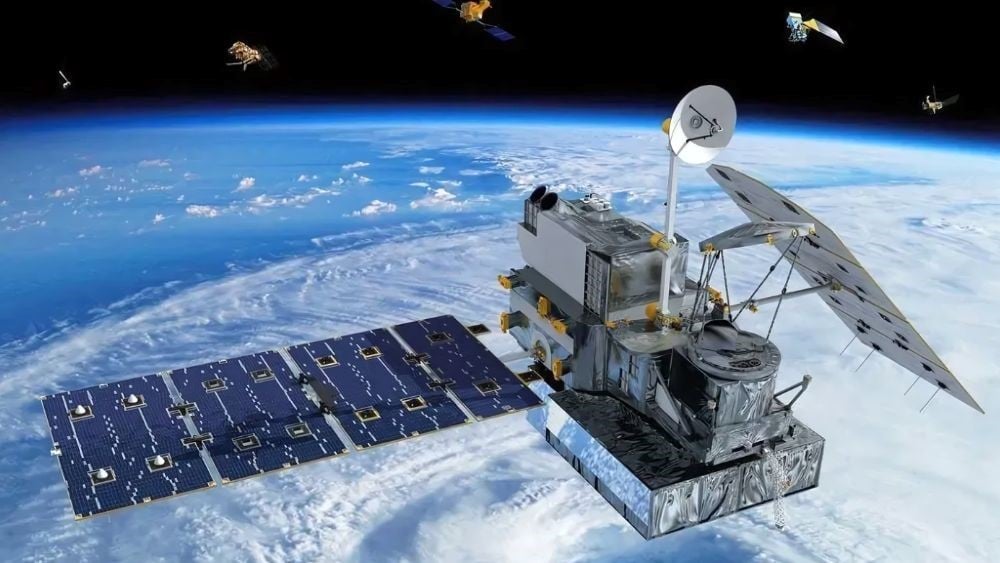
This is considered one of the key programs, paving the way for Vietnam to master core technologies in the field of space - remote sensing, serving socio- economic development, ensuring national defense, security and responding to climate change.
According to Prof. Dr. Nguyen Lac Hong, former Deputy Director of the Military Technical Academy, Head of the KC.13/21-30 Program, in the period of 2016 - 2020, the national space technology program has deployed 38 missions and achieved many encouraging results. Many research products have been transferred and applied in practice, such as the WebGIS system serving the management and monitoring of resources, environment, natural disasters, air quality and forests; the Hexapod-type antenna system capable of transmitting and receiving signals, controlling Earth observation satellites; the high-frequency subsystem for micro satellites; or the FSO radio optical signal transceiver, applied in assessing and warning of natural disasters, serving agricultural production and smart transportation.
Some other products also show the diverse and creative research capabilities of Vietnamese scientists , such as: Nano-sized super satellites for Earth observation; balloons and stratospheric equipment systems for rescue communications; biological products to prevent environmental damage from microgravity and cosmic radiation; or experimental rocket models TV-01 and TV-02 for testing satellite propulsion technology. These results are an important foundation for Vietnam to enter a new phase with the aspiration to master space.
The KC.13/21-30 program aims to develop space science and technology and remote sensing into a driving force connecting high-tech industries, promoting research, design, manufacturing, testing and application capacity to serve socio-economic development.
The program also aims to develop selected technologies for the design and manufacture of telecommunications satellite systems, remote sensing, positioning, ground stations, unmanned aerial vehicles, balloons, etc.; at the same time, promote basic research in fields such as astrobiology, astrophysics, flight mechanics, materials and sensor manufacturing for space technology, and satellite propulsion technology.
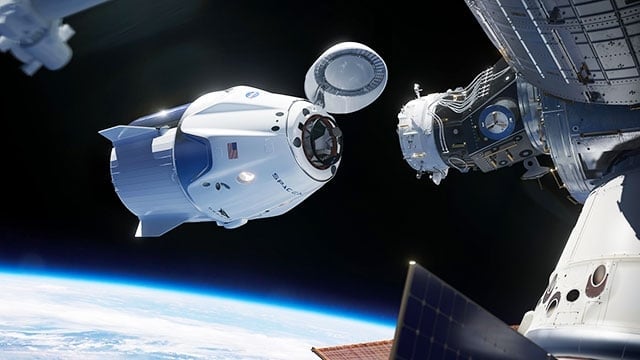
Develop strong enough space science and technology potential to gradually form separate capabilities.
Another important focus is the development of micro satellites for Earth observation and mastering the technology of manufacturing ground stations to control and transmit data from telecommunications and remote sensing satellites. Along with that, the program aims to integrate satellite data with IoT infrastructure, 5G/6G information networks, expanding the application capabilities in navigation, high-precision positioning, monitoring and supervision systems of resources, environment, natural disasters and climate change.
Notably, many research institutes, universities and enterprises have proposed specific and highly applicable research directions, such as: Application of multi-source, multi-temporal remote sensing to monitor and forecast drought and water shortage in the Mekong Delta; quantifying morphological and biochemical characteristics from Earth observation satellite data to serve rice cultivation to adapt to climate change and reduce greenhouse gas emissions; or comprehensive monitoring solutions for coastal mangrove forests in Vietnam using remote sensing data. In addition, there are also studies on the application of multi-layer remote sensing technology (satellites, UAVs, ground sensors) combined with digital technologies such as machine learning, cloud computing, big data, to support high-tech agriculture, monitoring methane emissions from rice production and key crops.
Promoting research on the application of space technology and remote sensing not only brings scientific benefits but also directly contributes to socio-economic development. When Vietnam can master the satellite system and ground stations, remote sensing data will be exploited to the maximum, serving resource management, natural disaster monitoring, urban planning, smart agriculture, logistics and transport infrastructure. At the same time, the ability to master space technology also creates strategic significance in protecting sovereignty, security and national defense, especially in monitoring seas and islands and responding to disasters.
However, the road ahead is not without challenges. Mastering core technologies such as satellites, sensors, propulsion engines, big data processing, or integrating space-ground systems requires high-quality human resources, large financial investments, and extensive international cooperation. However, with the available foundation and long-term vision, Vietnam is gradually entering the era of space technology with a proactive and self-reliant spirit.
As shared by Prof. Dr. Nguyen Lac Hong at the Workshop on implementing the KC.13/21-30 Program on October 26, 2023: "We must master, not just 'look' at technology, but must produce technology". That statement clearly shows the determination of the Vietnamese scientific team in the journey to conquer space, a field that requires intelligence, creativity and perseverance.
The KC.13/21-30 program is not only a scientific research plan, but also a declaration of Vietnam's aspiration to master space technology. From manufacturing microsatellites, launch engines, ground stations, to applying remote sensing data to serve agriculture, the environment, and climate change, each step forward contributes to affirming the country's position in the journey of space exploration. Vietnam is entering the "space race" with its own capacity and aspiration, a long but promising journey.
Source: https://mst.gov.vn/viet-nam-mo-huong-di-moi-trong-nghien-cuu-va-ung-dung-cong-nghe-vu-tru-vien-tham-197251113100533902.htm



![[Photo] General Secretary To Lam visits Long Thanh International Airport Project](https://vphoto.vietnam.vn/thumb/1200x675/vietnam/resource/IMAGE/2025/11/13/1763008564398_vna-potal-tong-bi-thu-to-lam-tham-du-an-cang-hang-khong-quoc-te-long-thanh-8404600-1261-jpg.webp)
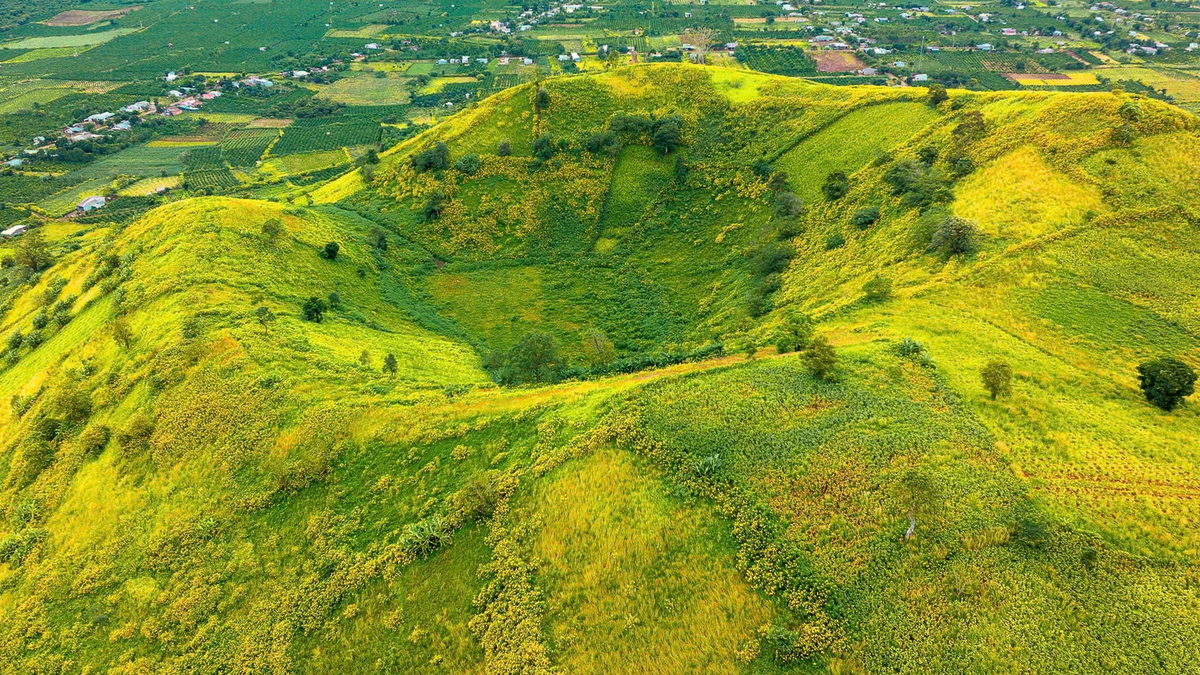


![[Photo] The "scars" of Da Nang's mountains and forests after storms and floods](https://vphoto.vietnam.vn/thumb/1200x675/vietnam/resource/IMAGE/2025/11/13/1762996564834_sl8-jpg.webp)
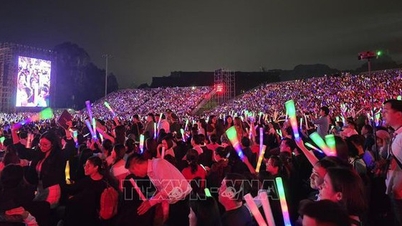

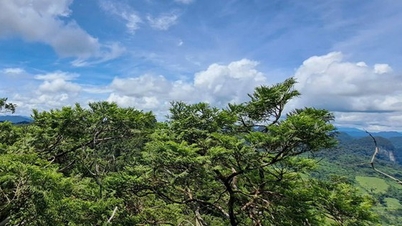
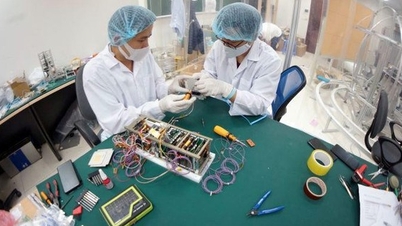


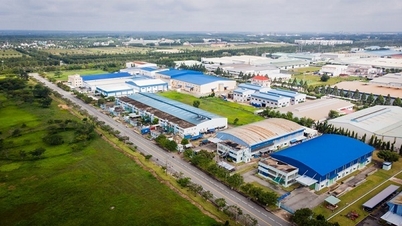
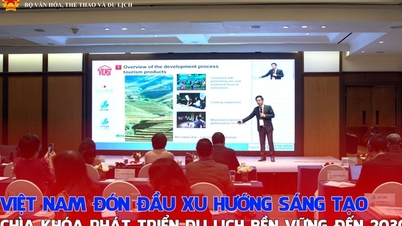




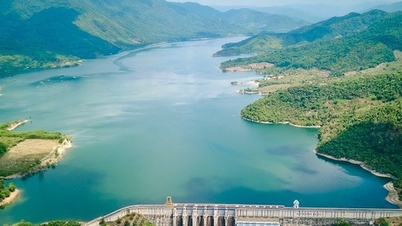
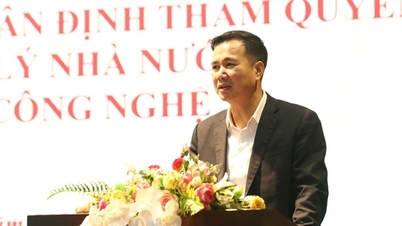























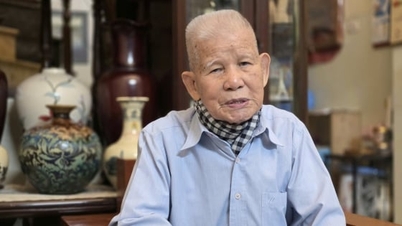



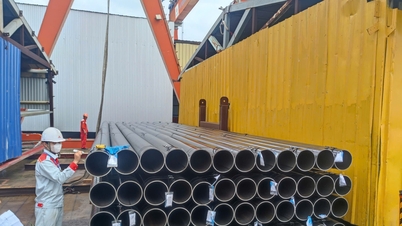














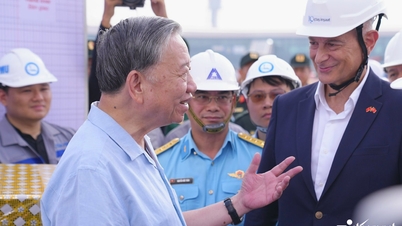



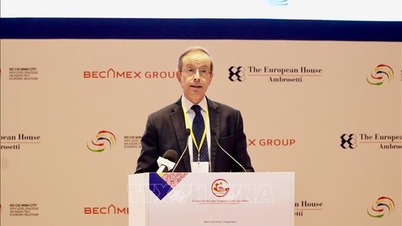


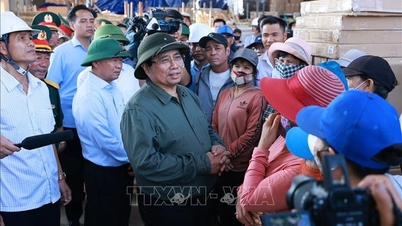
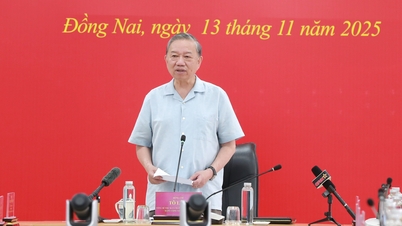



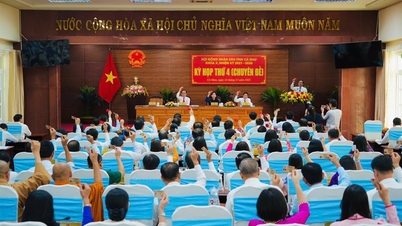


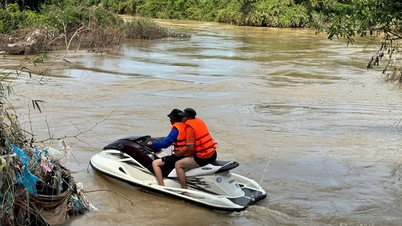
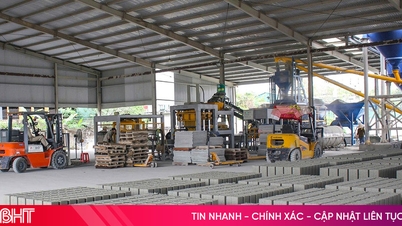







![Dong Nai OCOP transition: [Article 3] Linking tourism with OCOP product consumption](https://vphoto.vietnam.vn/thumb/402x226/vietnam/resource/IMAGE/2025/11/10/1762739199309_1324-2740-7_n-162543_981.jpeg)



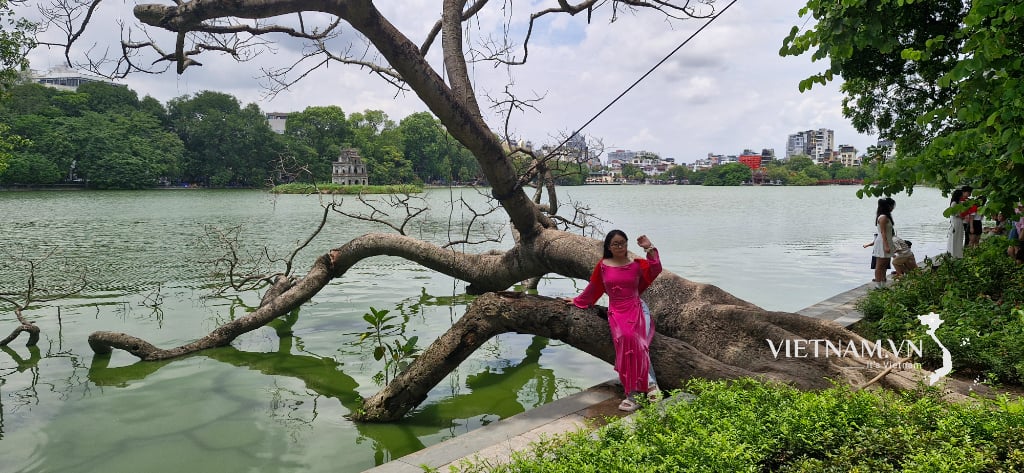


Comment (0)